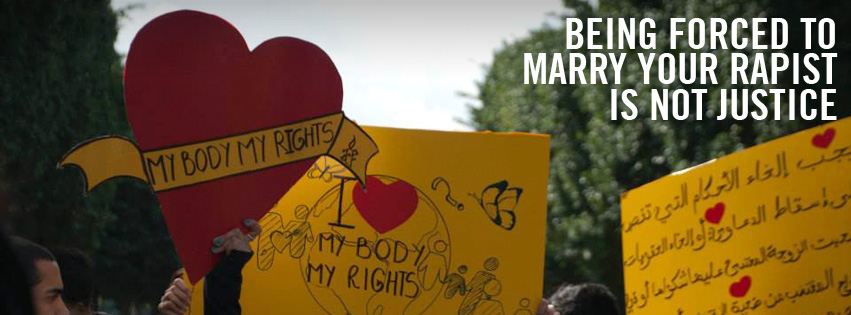
This blog posting is part of a series Amnesty International USA is publishing to coincide with the U.S.-Africa Summit occurring August 4-6th, 2014. We are utilizing the series to highlight human rights concerns on the continent we feel critically need to be addressed during the summit discussions.
Contributed by Jihane Bergaoui, Amnesty International Country Specialist for Morocco and the Western Sahara
This week, President Obama will welcome nearly every African head of state to Washington, D.C. for the first ever U.S.-Africa Leaders Summit. As one of America’s oldest and most strategically important allies, Morocco is expected to participate in the conference.
Morocco’s continuous efforts to appear as one of the region’s most stable and progressive countries provide human rights activists and U.S. government officials a unique opportunity to successfully pressure Morocco to end violence against women.
In 2011, thanks to a successful campaign by civil society groups, Morocco made important strides towards advancing women’s rights by enacting a new constitution that guaranteed gender equality. However, there are still numerous legal and procedural ways in which it actively discriminates against women and girls.
It took three more years before the Moroccan parliament voted to amend Article 475 of its Penal Code, a law that allowed rapists to escape punishment by marrying their victims if they are younger than 18. This critical change occurred only after mass protests erupted over the death of 16-year-old Amina Filali, who committed suicide by drinking rat poison after being forced into marrying her rapist.
In fact, even the legal punishment for rape in Morocco’s Penal Code oppresses women and girls by shaming survivors for their supposed loss of “honor” rather than providing them equal protection under the law. Alleged rapists who are found guilty of sexually assaulting women and girls who were virgins are sentenced to 10 to 30 years in prison.
However, if the victim was not a virgin, the rapist’s sentence can only be 5 to 10 years. Such laws not only stigmatize female survivors of sexual violence, but they also uphold unfair and patriarchal definitions of honor that clearly disadvantage women.
In addition, Morocco’s failure to recognize marital rape as a crime further victimizes countless women who are trapped in abusive marriages. Activists in the women’s rights organizations I have worked with in Morocco recounted numerous barriers they face when trying to help married female survivors of sexual and domestic violence. For example, under Moroccan law, women’s shelters are not legally allowed to hide or harbor a married woman from her abusive husband.
While amending discriminatory legislation is a necessary first step towards successfully ending violence against women in Morocco and the Western Sahara, Amnesty International is also calling on the authorities to provide survivors of sexual and gender-based violence with comprehensive health services and psychological support.
Furthermore, police officers, judges, and prosecutors must be trained in effective methods of stopping and prosecuting such forms of violence. If implemented, these changes will encourage more women to come forward and seek help.
This week’s U.S.-Africa Leaders Summit is the perfect opportunity to shed light on the countless abuses experienced by women and girls in Morocco and the Western Sahara. You can take action by signing our online petition to the governments of Morocco, Tunisia and Algeria – two other North African countries who have similarly failed to effectively protect women and girls from gender-based violence.
